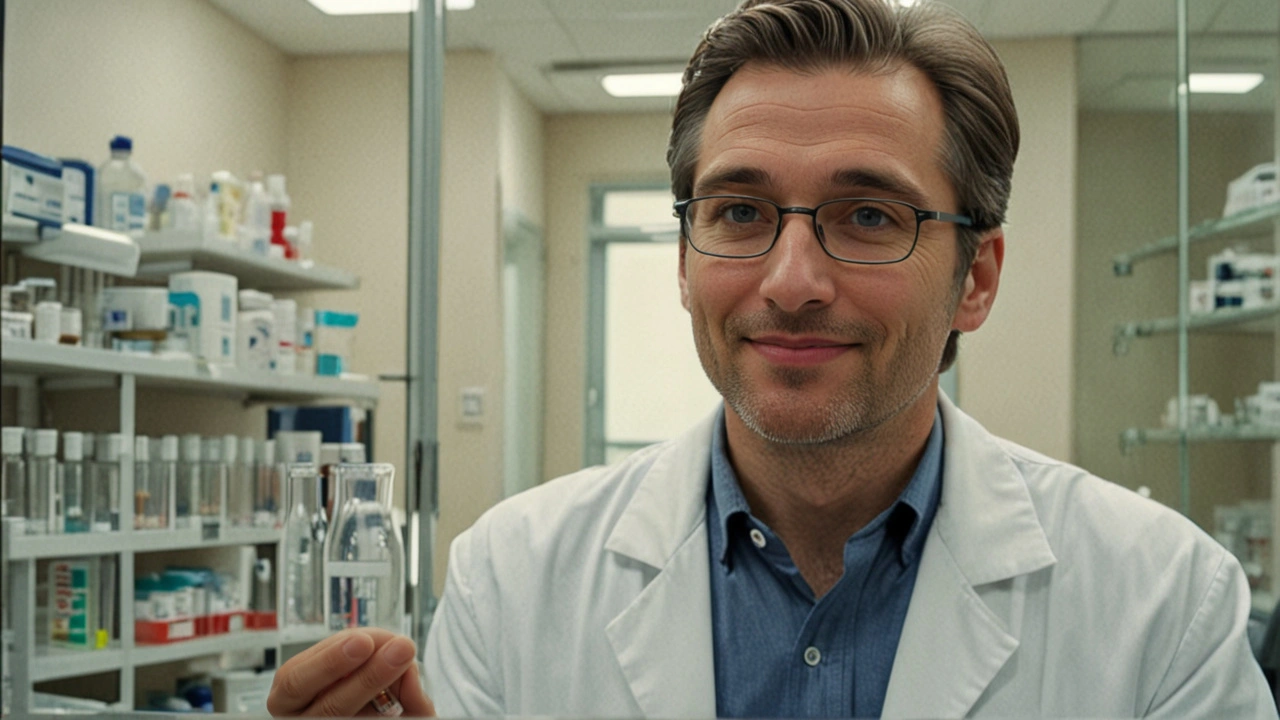Eye Health: Simple Steps to Keep Your Vision Sharp
Your eyes do a lot every day—reading screens, driving at night, enjoying nature. When you give them a little extra care, they pay back with clear sight and comfort. Below are quick habits, food choices, and safety tricks that anyone can add to a busy schedule.
Everyday Habits for Better Vision
First, take regular breaks from screens. The 20‑20‑20 rule works well: every 20 minutes, look at something 20 feet away for at least 20 seconds. This reduces eye strain and helps the muscles relax.
Second, keep your lighting balanced. A bright desk lamp prevents you from squinting, while harsh glare on a monitor can cause fatigue. Position screens so light comes from the side, not directly behind or in front of you.
Third, wear sunglasses that block 100% UV rays whenever you’re outside. UV exposure speeds up cataract formation and damages the retina. Even on cloudy days, UV rays penetrate clouds, so don’t skip them.
Finally, quit smoking if you can. Smoking lowers oxygen to eye tissues and raises the risk of macular degeneration—a leading cause of vision loss in adults over 60.
Foods and Supplements That Support Eye Health
What you eat matters for your eyes just as much as how you protect them. Leafy greens like spinach, kale, and collard greens are packed with lutein and zeaxanthin, antioxidants that filter harmful blue light.
Fatty fish such as salmon, mackerel, or sardines deliver omega‑3 fatty acids. These fats help keep the tear film stable, reducing dry‑eye symptoms.
If you don’t get enough vitamins from meals, a daily eye supplement with vitamins A, C, and E plus zinc can fill gaps. Look for products that list “AREDS2” formulation—that blend has strong research backing.
Don’t forget carrots and sweet potatoes; they’re rich in beta‑carotene, which the body turns into vitamin A, essential for low‑light vision.
Stay hydrated. Drinking enough water keeps the eye surface lubricated, preventing irritation that can turn into chronic dryness.
Putting these food choices together with the habits above creates a solid foundation for long‑term eye health. You don’t need to overhaul your life; small tweaks add up quickly.
If you notice persistent blurriness, flashes of light, or sudden changes in vision, schedule an eye exam right away. Early detection of problems like glaucoma or macular degeneration makes treatment far more effective.
Take a few minutes each day to check your habits, add one nutrient‑rich food, and protect your eyes from the sun. Your future self will thank you with clearer sight and fewer doctor visits.
